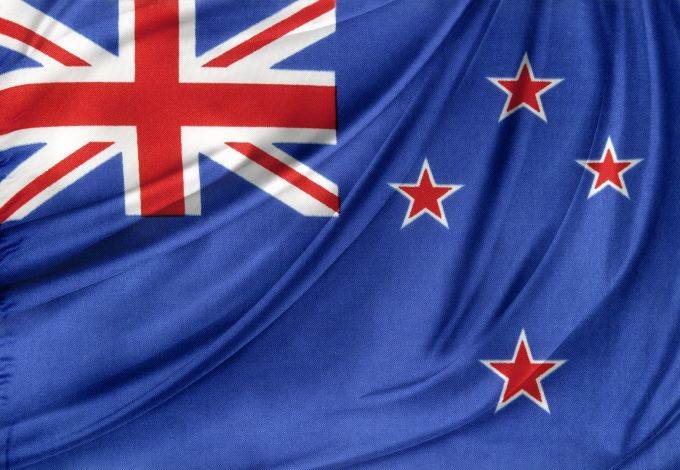 Last week Statistics New Zealand released the consumer price index figures. According to the data, the inflation level was at 0.5 percent in the fourth quarter after increasing 0.7 percent during the third quarter and gaining more than expected. This puts New Zealand's current inflation level closer to its central bank target range, which is currently at 1-3 percent.
Last week Statistics New Zealand released the consumer price index figures. According to the data, the inflation level was at 0.5 percent in the fourth quarter after increasing 0.7 percent during the third quarter and gaining more than expected. This puts New Zealand's current inflation level closer to its central bank target range, which is currently at 1-3 percent.
2019 wasn't a very good year for New Zealand in economic terms, though it has been recovering lately since the global situation has been easing. New Zealand's gross domestic product accelerated in the third quarter, gaining 0.7 percent after climbing just 0.1 percent in the previous quarter.
China is one of New Zealand's largest trading partners (together with Australia), so it shouldn't be surprising to find out how harmful President Donald Trump's trade war against the Chinese was to New Zealand's economy, especially taking into account that international trade makes up around 60 percent of New Zealand's economic activity.
In order to fight the economic slowdown, the Reserve Bank of New Zealand decided to implement two interest rate cuts during 2019, leaving rates at 1 percent, a historical minimum. The new inflation data, together with increasing business confidence, a stronger housing market, and an increasing public expenditure makes investors and policymakers feel relieved concerning the future of New Zealand's economy, which may make further rate cuts unnecessary at the moment.
"The Reserve Bank of New Zealand should be feeling pretty comfortable with the current state of play," explained analysts at ANZ. "We expect the official cash rates will be on hold at 1% for the foreseeable future, barring global shocks," they added.
This new perspective drove the New Zealand dollar up against the US dollar on Thursday, gaining 0.36 percent. It also gained against the pound sterling, climbing 0.5 percent, as well as increasing against the Australian dollar, rising 0.33 percent. On Friday, the Kiwi gave up its earlier gains against the US dollar, losing 0.15 percent, but still managing to gain against the pound and the Australian dollar, closing in the positive territory at 0.24 percent and 0.18 percent respectively.
We must remember that the Kiwi, just as the Australian Dollar, is basically a proxy for Chinese economic growth, so it's highly sensitive to what happens in China. It shouldn't be surprising that the news of the coronavirus spreading in China and the rest of the world weren't helpful for the Kiwi, at least against the US dollar which has been also showing relative strength against other currencies due to this situation.
It's still not clear whether the spread of the virus is serious, but many expect it to affect negatively the growth of the Chinese services sector. The increasing panic around the world is affecting the Chinese tourism sector, as well as driving out consumers of public places like restaurants, cinemas, museums, galleries, among others.
Besides waiting for new Chinese economic data, markets are now expecting the next Reserve Bank of New Zealand monetary policy statement on February 12, followed by the official cash rate announcement which is due at the end of March.
